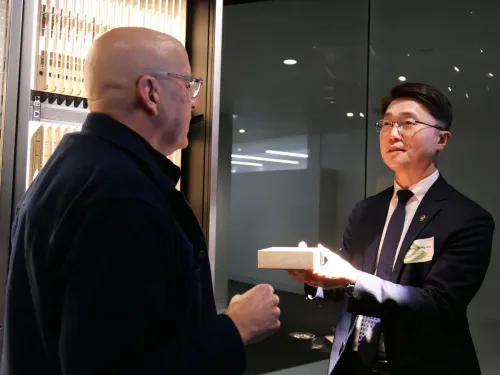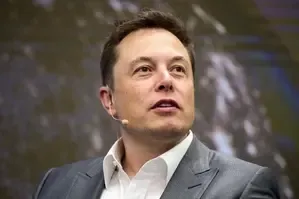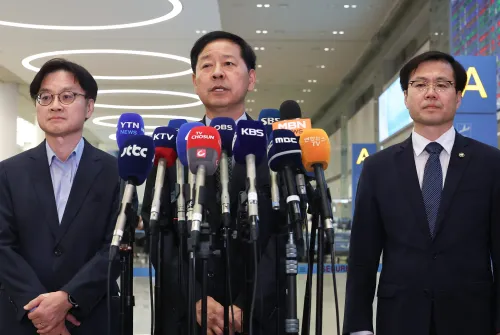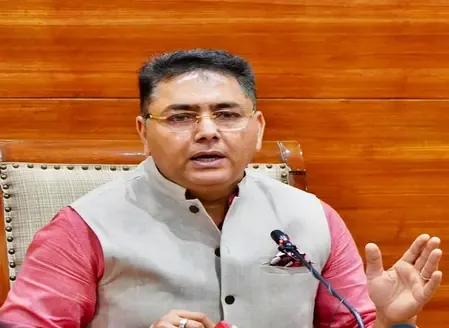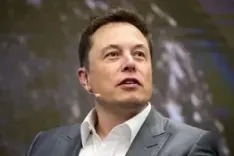Can South Korea Emerge as a Global Leader in Physical AI?
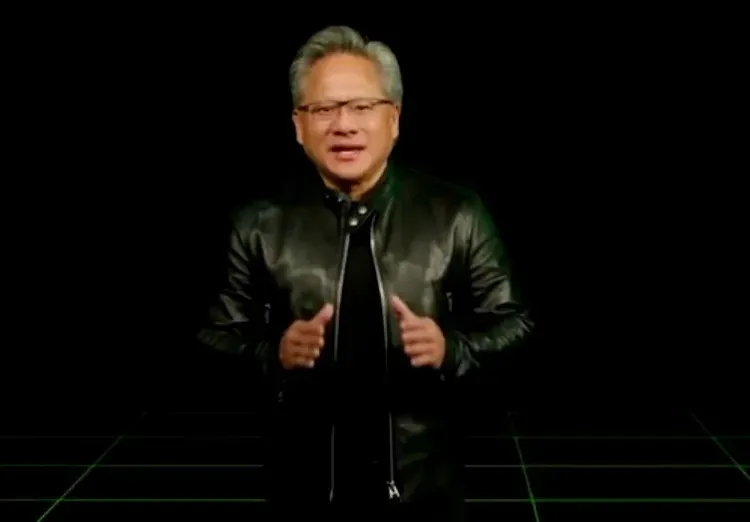
Synopsis
Key Takeaways
- South Korea's potential as a leader in physical AI.
- Nvidia's investment of 260,000 GPUs to boost AI capabilities.
- Partnerships with major local firms like Samsung and Hyundai.
- Integration of AI in physical devices to revolutionize industry.
- Vision for Korea to become an AI hub in the region.
Seoul, Oct 31 (NationPress) South Korea holds the potential to rise as a global leader in physical artificial intelligence (AI), which is anticipated to represent the next phase of the rapidly progressing technology, according to Nvidia’s Chief Executive Officer (CEO) Jensen Huang. He emphasized the nation's competitive edge within the industry during a special session at the Asia-Pacific Economic Cooperation (APEC) CEO Summit in the southeastern city of Gyeongju.
"AI has now achieved the virtuous cycle," Huang remarked, marking his first visit to Korea in 15 years. He noted that AI has become deeply integrated into everyday life, leading to increased usage, which in turn generates greater profits for companies, ultimately resulting in enhanced AI capabilities, as reported by the Yonhap news agency.
"This presents an exceptional opportunity for Korea," the AI pioneer stated.
Huang pointed out that Korea possesses the three fundamental, essential, and necessary qualities required for success in the AI sector: software expertise, profound technical and scientific capabilities, and advanced manufacturing.
He elaborated, "When you merge software, AI technology, and manufacturing, you unlock the potential to significantly leverage robotics. This marks the next generation of physical AI."
As the founder of Nvidia, a key player in the rise of generative AI technologies like ChatGPT, Huang has identified physical AI as the next revolutionary wave in high-tech.
Physical AI involves embedding AI into tangible devices such as robots, machines, and autonomous vehicles, promising to revolutionize daily life by facilitating collaboration between humans and machines.
Huang described Korea as a vital partner in Nvidia's vision for the industry, touching on plans to deepen partnerships with Korean firms, which were unveiled earlier that day.
Nvidia announced intentions to deploy up to 260,000 graphic processing units (GPUs) in South Korea, collaborating with the government and leading firms like Samsung Electronics, SK Group, Hyundai Motor Group, and Naver Cloud Corp. to establish large-scale AI factories.
Each of the major companies will implement up to 50,000 GPUs, while Naver Cloud will contribute around 60,000, totaling 260,000 units.
Nvidia stated that this Blackwell-based infrastructure will elevate South Korea's total AI GPU capacity from approximately 65,000 to over 300,000 units, positioning the nation among the top global hubs for AI computing outside the United States.
"Together, we will progress in AI, construct AI factories, and develop digital twins," Huang stated.
In a separate press event, the Nvidia chief remarked that with this new partnership, Korea is set to become an AI hub for the region, attracting startups and international companies to invest and operate within its borders.
He also commended Samsung Electronics and SK hynix, crucial allies in Nvidia's chip manufacturing, for their capabilities in high bandwidth memory (HBM) technology.
"I am fully confident that Samsung and SK hynix will remain long-term collaborators," Huang expressed. "We will continue to be incredibly close partners to advance the future of memory technology ... Korea is world-class in memory technology.
When asked to compare Samsung and SK, Huang remarked on their "incredible" capabilities, noting that SK focuses more on memory while Samsung exhibits greater diversity.
The APEC CEO Summit, which concluded its three-day event following Huang's session, serves as the official business assembly for the annual APEC leaders' summit that began earlier Friday in Gyeongju.


